Hon Chen Temple, located in Huong Tho commune ( Hue City), is a very important temple in the spiritual life of the people of the ancient capital and is also the only temple in Hue that combines court rituals and folk beliefs. The Hon Chen Temple Festival, also known as Hue Nam Temple, is one of the folk religious activities of followers who venerate the Holy Mother Thien YA Na - the goddess who created the land, trees, precious forests, rice, corn, and taught people how to cultivate crops. The festival takes place annually in the 3rd and 7th lunar months, on a fairly large scale, and is considered a folk culture festival on the Perfume River.
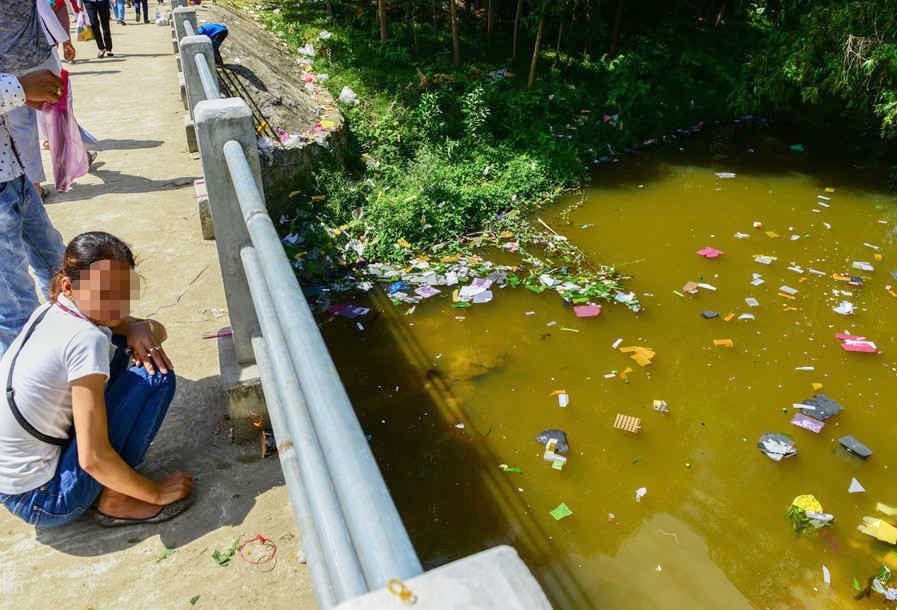
The traditional beauty of the Hon Chen Temple festival is no longer a matter of much debate, especially since the "Mother Goddess Worship of the Vietnamese People" was officially recognized by UNESCO as a Representative Intangible Cultural Heritage of Humanity in 2016. It's worth noting that, since 1971, the festival has included processions along the Perfume River, from the Thien Tien Thanh Giao Temple (352 Chi Lang Street, Hue City) to Hue Nam Temple, where Thien YA Na Holy Mother is worshipped. The practice of directly throwing votive offerings into the river has been widely criticized, causing environmental pollution and creating a negative impression and frustration for tourists. However, in recent years, this situation has almost disappeared, resulting in a more civilized and cleaner festival.
According to observations by reporters at the most recent event this year (August 23-25, 2023, corresponding to the 8th-10th day of the 7th lunar month), the procession of boats on the Perfume River was decorated with flags and flowers, the altars were solemn, and during the journey to Hon Chen Temple, there was no longer the practice of scattering votive paper into the Perfume River.
Right at the boat dock in front of the temple, the boats participating in the ceremony were neatly moored, without any disorder. Authorities also assigned personnel to monitor, inspect, and educate people to prevent them from gathering to burn or scatter votive paper along the riverbank. Waste was also no longer found on the Perfume River; instead, it was disposed of in bins.

Mr. Phan Thanh Hai, Director of the Department of Culture and Sports of Thua Thien Hue province, said that before the festival took place, the Organizing Committee held a meeting to disseminate information and thoroughly explain to the large number of people attending the festival the strict prohibition of scattering votive paper into the Perfume River, minimizing the burning of votive paper when performing rituals at Hon Chen Temple, and that if burning is necessary, it must be in the designated area arranged and marked by the monument management unit.
"In recent Dien Hon Chen festival seasons, the burning of votive paper has been minimized, which is a positive sign in building a culturally and civilized festival. The organizing committee will continue to maintain and improve this for future festivals," Mr. Hai said.
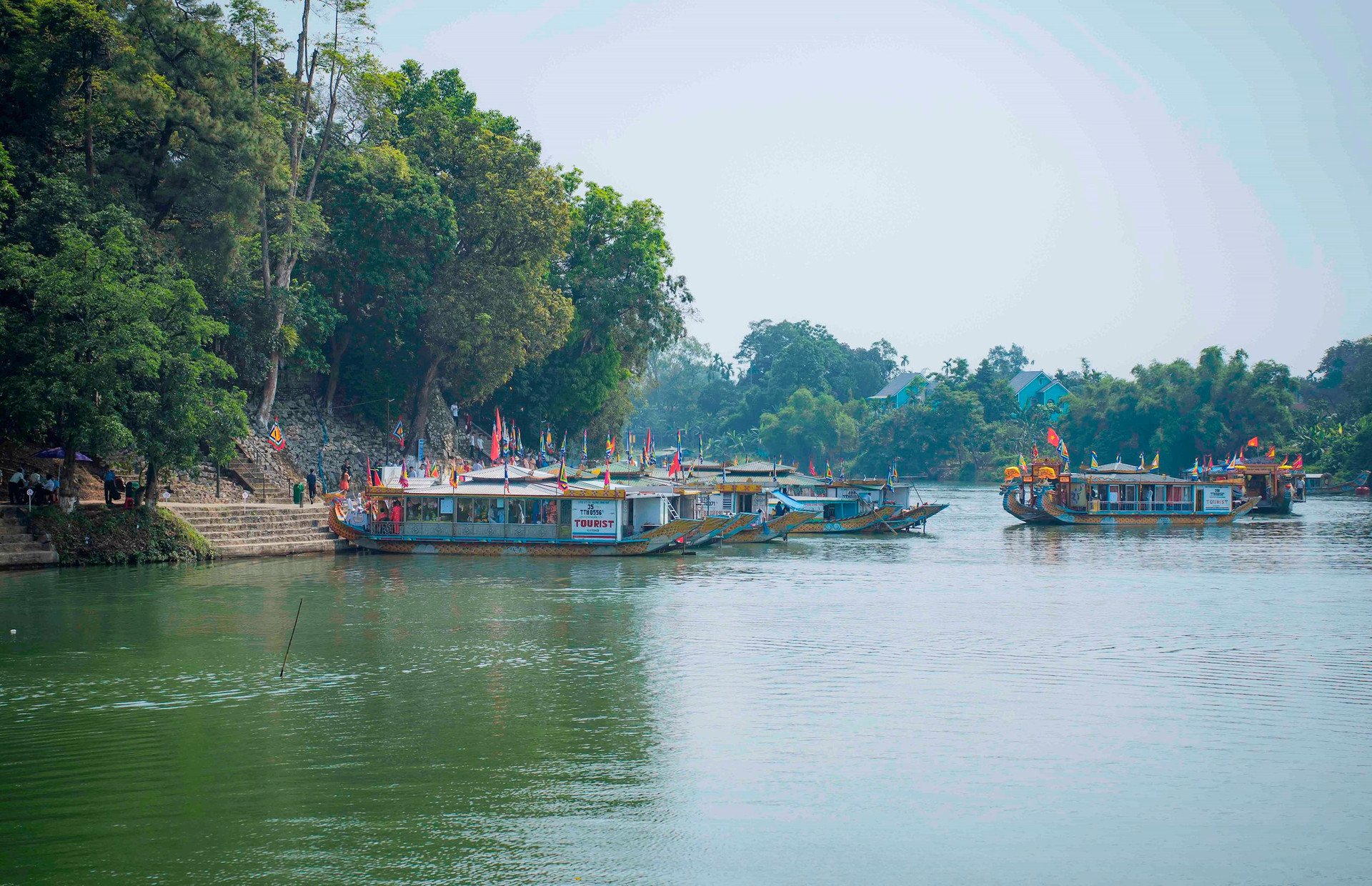
According to the Hue Imperial Citadel Conservation Center, they have placed numerous trash cans in the Hon Chen Temple area and notified the community to avoid littering. Last year, they put into operation a closed-system incinerator for burning votive paper, ensuring environmental hygiene. This incinerator was donated by a local resident with a cost of over 700 million VND for its construction and assembly. Currently, there are two incinerators for burning votive paper in the Hon Chen Temple area, but the center has encouraged and widely publicized the new closed-system incinerator for people to use.
“In previous years' festivals, the incinerator for burning votive paper sometimes took 2-3 days to burn completely. We had to assign people to constantly monitor and inspect it to ensure the safety of the historical site and the surrounding landscape. But during last year's and this year's festivals, the amount of votive paper burned was concentrated in the enclosed incinerator, and the incinerator was not operating at full capacity. We regularly educate and remind people attending the festival not to litter and harm the environment, as well as to limit the burning of votive paper…,” said Mr. Hoang Viet Trung – Director of the Hue Imperial City Relics Conservation Center.
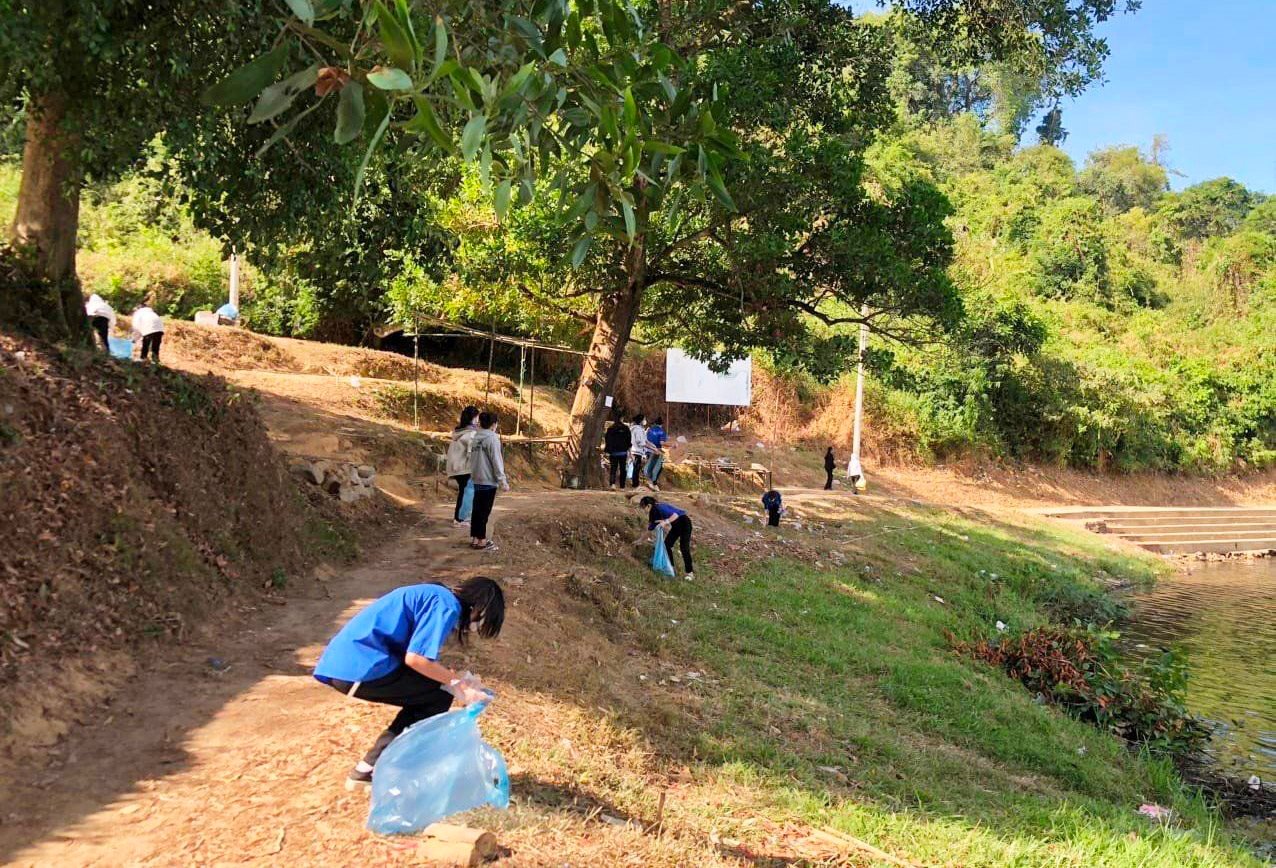
It is known that before and after each festival, the Organizing Committee and local authorities also participate in the "Green Sunday" movement of Thua Thien Hue province with concrete actions, working together to collect waste around Hon Chen Temple, both on land and in the water.
Hue is considered a land rich in traditional festivals. It is clear that protecting the environment and landscape will help the festival activities in the ancient capital to showcase the national cultural identity, creating a positive impression on locals and tourists. In particular, this will also contribute to the successful implementation of the "Criteria for the Cultural Environment in Traditional Festivals" recently issued by the Ministry of Culture, Sports and Tourism .
Source







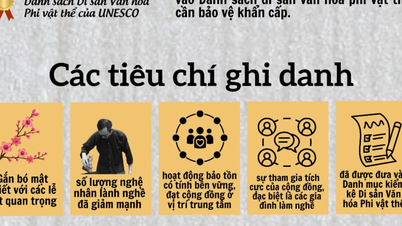



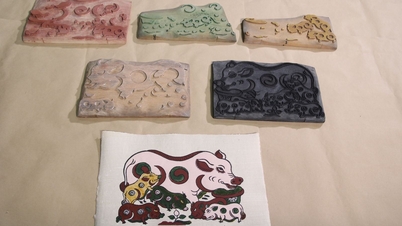

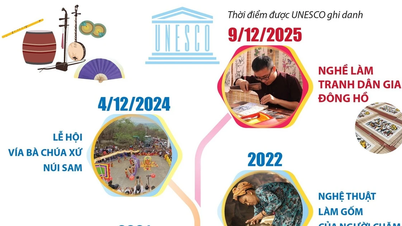
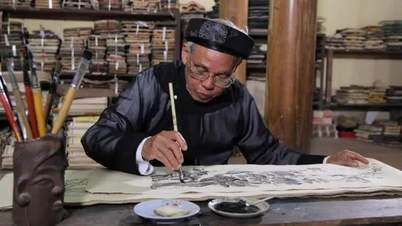





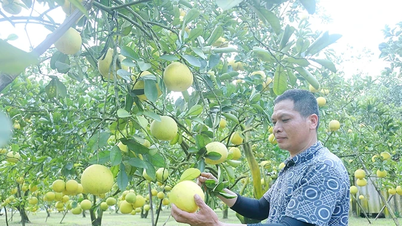

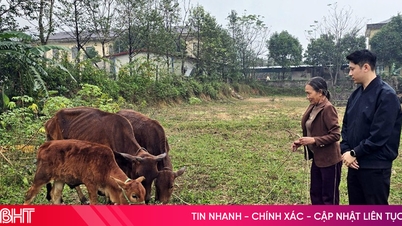

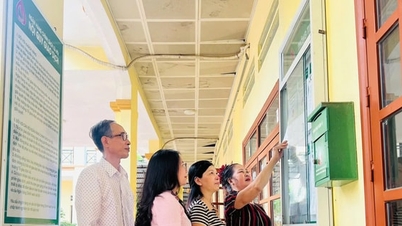




































































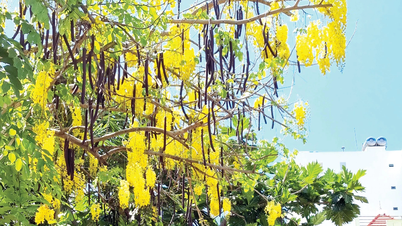


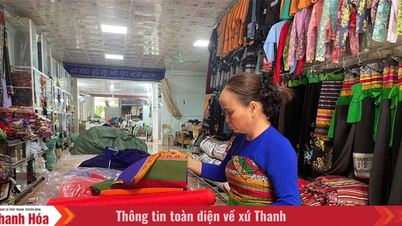

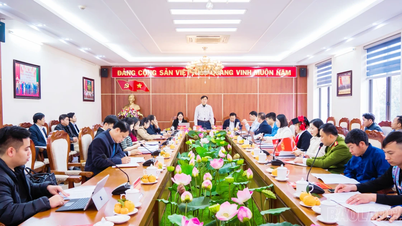













Comment (0)